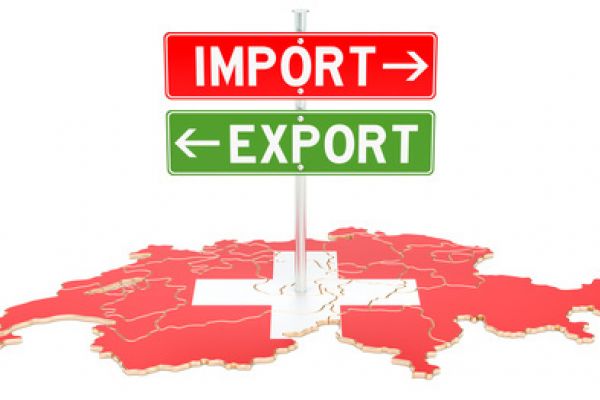
Talks on EU-Swiss Treaty Stalled Over Free Movement
May 11, 2021Failure
The European Union and Switzerland have been negotiating for some time now on a treaty that would simplify and modify bilateral relations, strengthening ties between the country and the bloc. A draft agreement has been struck in 2018, but updating it just hit a rough path. Talks have now got stalled over an updated treaty text. Differences appeared on how to interpret free movement accords, as Swiss government informed, and Swiss President Guy Parmelin called them “significant”. The Swiss parliament is still encouraging sides to seek an agreement over deal, as EU is the biggest trading partner of Switzerland. Parmelin said that the new approach to the deal will be decided after consultations with cantons.
Issues
Switzerland is insisting on concessions on state aid, labour rules and citizens rights, and the main problem lies on how to interpret free movement of people, according to Foreign Minister Ignazio Cassis. "For Switzerland it is primarily the freedom of employees and their families. For the EU it is freedom of EU citizens” – Cassis stated. Swiss system now is allowing coming to the country only those who have jobs, either for permanent stay or as cross-border workers, or those who have money to support themselves. EU wants free movement of people generally without conditions. Other issue that remains problematic is Swiss system protecting high wages of residents from being undercut by cross-border workers or foreign workers on temporary assignments. EU considers this as skewing labour market competition.
New Deal
Right now relations between the EU and Switzerland are managed by more than 100 bilateral agreements, some of them dating way back to 1972. That is why sides wanted to strike one treaty to govern all ties. Failure in agreeing new deal might mean that Switzerland will be blocked from any new access to the single market, for instance electricity union. Some bilateral agreements also erode over time, such as the one on cross-border trade of medical technology products, which will become outdated from May on. There are of course opponents of the treaty – including mostly far-right and left-wing parties – that argue it would hurt the sovereignty of neutral Switzerland and hurt Swiss salaries. Any new deal would have to be subject of the national vote.
Swiss in Favour
Even though negotiations have been ongoing for some time and the road to striking a deal is rather bumpy, Swiss voters as still mostly in favour of a bilateral treaty deal with the EU. A poll for newspaper “NZZ am Sonntag” showed that out of 2,000 eligible voters asked by a market researcher GFS Bern, 49% were rather in “favour” of a deal, with another 15% “fully” supporting it. “Rather” opposed were 19%, “fully against” 13% and 4% are “undecided”. Last year poll showed similar proportions, with total 64% “rather” or “fully in favour” of the treaty. Those “rather in favour” are the biggest group which means most people haven’t yet settled on whether the treaty would be backed by them – a successful election campaign from very opposed to the agreement right-wing parties can swing them to the answer “no”.

